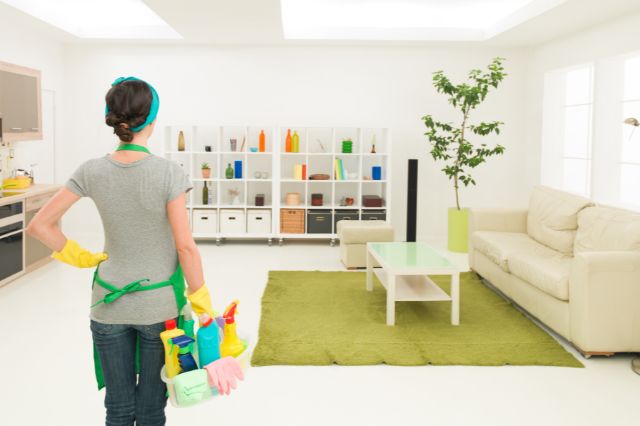5 Tips for Helping a Loved One with a Hoarding Problem Clean Their Home

Cleaning a home is difficult, but helping a loved one address hoarding or other problems introduces unique challenges. Thankfully, you can do a few things to help your loved ones address any hoarding problems and help make their home a clean place to live.
Hire professional help
Addressing hoarding behaviors is difficult for everyone involved. If there is extensive damage to your loved one’s home, consider hiring a professional for Emergency Cleaning Solutions. They can help you and your loved one clean the house while you focus on the well-being of your family.
Don’t seek perfection
Avoid the idea that their home will be spotless. This idea might be too overwhelming for your loved one and may result in them getting aggressive or angry at the expectation placed on them to decide whether to keep or throw away everything they own.
Be respectful
Hoarding can turn any home into a confined space, but you’ll need to be respectful as you enter. You may feel claustrophobic when entering a hoarder’s house, but you’ll best handle the situation by keeping your emotions from your face and approaching your loved one with sympathy.
Offer emotional support
The very first order of business should be to embrace your loved one with open arms and show your loved one you care about their mental and emotional well-being. Offer them love, support, and assistance with their challenging emotional state.
Call loved ones and family members
Call in reinforcements to help you discuss hoarding with your loved one. Being surrounded by those who love them may help your loved one understand that the objects they have are no match for their health, wellness, and relationships. Consider having family members and friends come to speak to your loved one and discuss the details of the hoarding habit.
Have patience
You may be ready to get your loved one’s home clean and prepared to host a family dinner, but your loved one may struggle with the change. Have patience as you try to help them clean their home and become mentally prepared to throw away things that have sentimental value to them.
Focus on little wins
Your loved one may suffer from imposter syndrome or feel like they aren’t doing good enough as you focus on helping their space get cleaner. Be gentle with them and celebrate every small win so they understand their decisions matter and they are building a better life.
Seek professional mental health help
Treating a hoarding disorder will mean getting diagnosed first, and only about 2.5% of the population is categorized as having a hoarding disorder. However, narrowing down any mental health issues related to hoarding is the first step to receiving help and keeping the home clean.
Final thoughts
Helping a family member or loved one with a hoarding problem can be emotionally draining and challenging. However, you’ll need to be calm, patient, and loving to craft an environment that will make that loved one willing to part with their hoard. Consider seeking professional mental health help after the cleanup to prevent regression.





